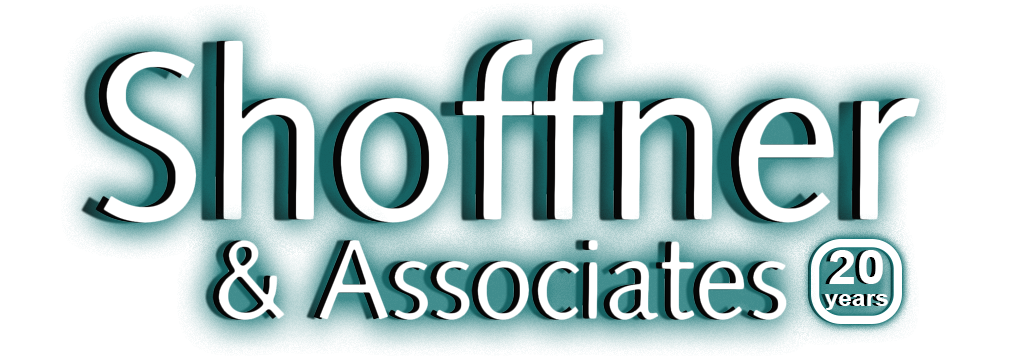Businesses often fail in their first year because they run out of cash. This is often because of poor cash flow management, not because there was insufficient capital. Budgets and cash flow forecasts are difficult because there is no history to base them on. This means that there needs to be tighter controls on expenditures, and the temptation to spend start-up capital needs to be resisted. There are ways to make your start-up money last.
Your cash flow forecast needs to be updated regularly. At weekly, or at a minimum monthly, intervals adjust your forecast to reflect your actual income and expenditures. This is necessary to compensate for not having a history.
Your accounts will need close monitoring. Keep an eye to make sure you are not out spending your budget in any expense categories. If you fall short of your sales goals, you may have to curtail your spending. Your budget may need to be revised based on sales. Spending needs to be carefully monitored to make your projected profit. Your budget is your top spending limit. Only buy what you need!
Determine your breakeven point. This is the sales needed to pay for all of your costs. You need to reach your breakeven point for the first few months or first year to not dip into your cash reserves. If you are not breaking even you will need to cut back on your expenses.
Work with every vendor on terms. Any percentage points you save on purchases will reduce your costs and give you more leeway. The more time you have to pay for a purchase, the longer your cash can stay in the bank. Pay invoices as soon as they are due, to be eligible for possible discounts. This will also keep you in your vendors’ good graces should you find that you need extended terms in the future.
Be prepared for a shortfall, while you are doing everything you can to avoid one. Keep a reserve of cash in a separate bank account to protect yourself from those emergencies. They are bound to happen with a start-up and this reserve will help you weather the storm.
Keep your receivables current. Keep credit limits low until you are sure the customer will pay. Be judicious with whom you give credit to. Send invoices promptly. Try to collect payment as soon as it is due. Bad debt early on in a business can spell doom.
Don’t hire staff prematurely. Employees are a fixed cost. In the early days of a business
It is often prudent to start out with freelancers and contractors. You will have more flexibility as your business gains a foothold.
Cashflow may vacillate significantly as a business is established. Sales will go up and down. Don’t assume that a very strong sales month is the new pattern. Put the extra cash from a very strong sales month into your cash reserve. This will prepare you for the fluctuations you are bound to experience.
Managing the cash flow of a start-up requires you to be nimble and judicious. Keep a close eye on budgets and forecasts and adjust them frequently based on actual sales.
Careful cash flow management can make the difference in the success or failure of a new business.
Will & Trust Central.
Estate Planning for Small Business & Families. Call today for a 30 min status checkup.
3 locations to serve you better.
855 Boylston Street #1000, Boston, MA 02116
5 Raleigh Road, Marshfield, MA 02050
92 Montvale Ave, Suite 3150, Stoneham, MA 02180
Protect your home with our legal expertise.Legal guidance for home sales, purchases, renovation contracts, contractors, and more.
Starting a NEW business or know someone that could use our help? Call your friendly neighborhood attorney today.
Please leave us a 5 Star Review on Google https://g.page/r/CY4vul4WgkwxEB0/review

Freya Allen Shoffner, Esq.
Shoffner & Associates
Counselors to Small Business and Families.
Give Freya a call at (617) 369-0111 TEXT US (413) 207-6219 or email fashoffner@shoffnerassociates.com
Let us know your thoughts or suggestions in the comments




